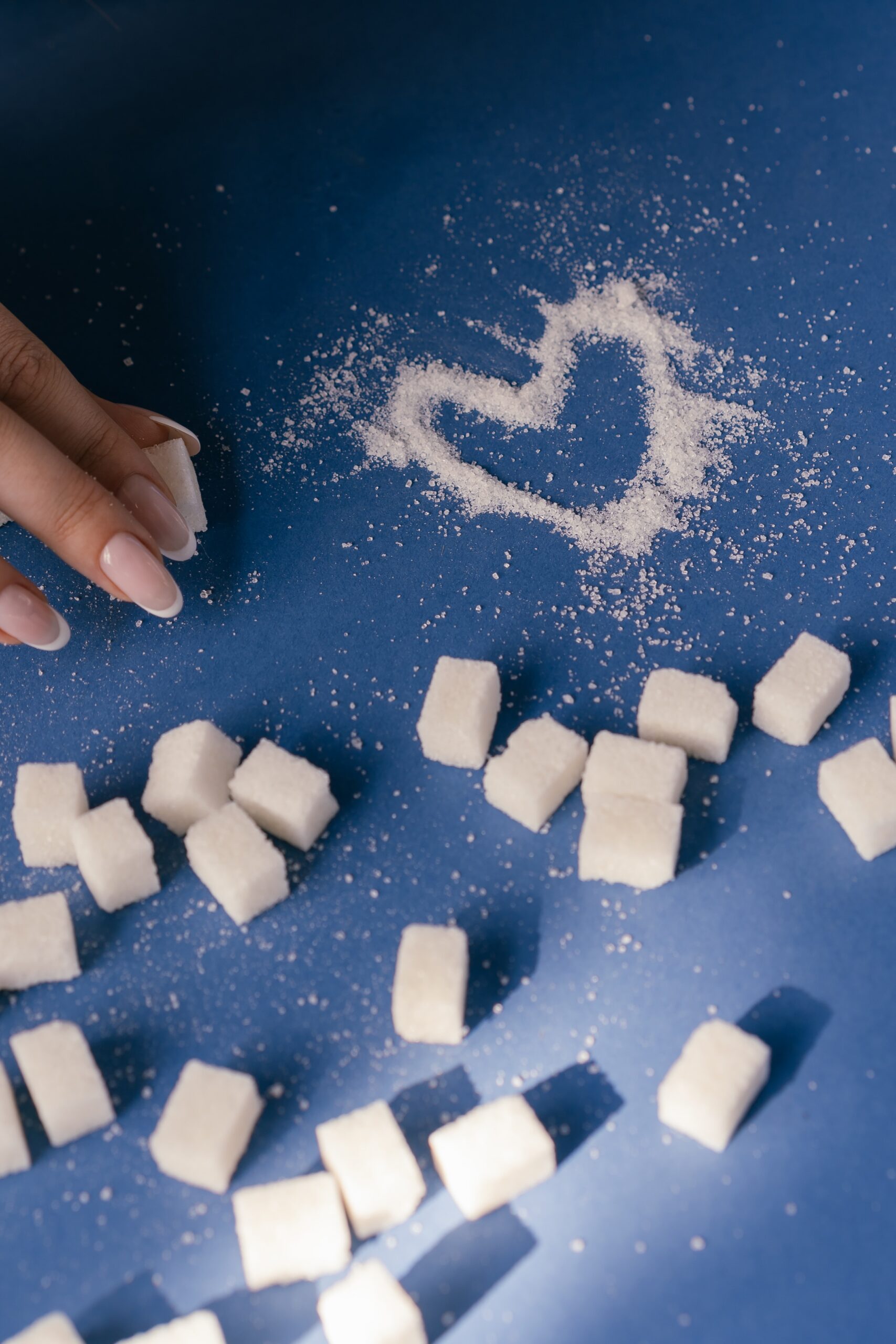
Coconut sugar, derived from the sap of the coconut palm tree, is a popular natural sweetener that many people use as a substitute for regular table sugar.
What is coconut sugar?
Coconut sugar is a natural sweetener made from the sap of the coconut palm tree. It’s like a tropical vacation for your taste buds! This sweet treat is not only delicious but it’s also considered a healthier alternative to regular table sugar because it has a lower glycemic index, meaning it doesn’t cause a spike in your blood sugar levels.
But that’s not all, my sugar-loving friend! Coconut sugar is also rich in vitamins and minerals like potassium, iron, and zinc. It’s like a sweet and nutritious gift from the coconut palm tree to your body!

What does Coconut Sugar taste like?
Coconut sugar has a slightly rich, caramel-like flavor with a hint of butterscotch. It’s not as sweet as regular table sugar and has a more complex, subtle taste. The flavor profile of coconut sugar can also vary depending on the brand and the region in which it’s grown, but it’s generally described as having a slightly nutty, earthy, and slightly toasty taste.
So, if you’re a fan of caramel-like flavors, you’ll definitely enjoy the taste of coconut sugar! It’s the perfect addition to your coffee, tea, baked goods, and even savory dishes like curries and sauces. It adds a depth of flavor that regular sugar just can’t match!
Is Brown Sugar Gluten-Free? Find Out Here
Is Coconut Sugar Healthy?
Coconut sugar is often marketed as a healthier alternative to regular table sugar because it is less processed and has a lower glycemic index. The glycemic index measures how quickly carbohydrates are absorbed into the bloodstream, and foods with a lower glycemic index are said to be better for managing blood sugar levels.
While coconut sugar does contain small amounts of vitamins and minerals, such as iron, zinc, calcium, and potassium, the amounts are not significant enough to make a significant contribution to your overall nutrient intake.
Like any other sugar, coconut sugar should be consumed in moderation as part of a balanced diet. It is still high in calories and carbohydrates and can contribute to weight gain and other health issues if consumed in excess.
Therefore, while coconut sugar can be a better alternative to processed white sugar, it is important to remember that it is still a form of sugar and should be used sparingly as part of a healthy diet.

How to use Coconut Sugar
Not only is coconut sugar better for you, but it’s also versatile in the kitchen. You can use it in all kinds of recipes, from baked goods to sauces and dressings. It has a slightly caramel-like flavor that adds depth and richness to your recipes.
But what if you’re all out of coconut sugar or want to try something different? Here are some great coconut sugar substitutes to add a touch of sweetness to your life:
Coconut Sugar vs Coconut Palm Sugar: What’s the Difference?
Best Substitutes for Coconut Sugar
Light Brown Sugar
This is a great substitute for coconut sugar, as it has a similar flavor profile and consistency. Simply replace one cup of coconut sugar with one cup of light brown sugar in your recipe.
Liquid Syrup Substitutes For Coconut Sugar
Maple Syrup
Maple syrup is a versatile sweetener that can be used in place of coconut sugar. It has a unique, rich flavor that pairs well with many baked goods and other dishes. Use one cup of maple syrup for every cup of coconut sugar in your recipe.
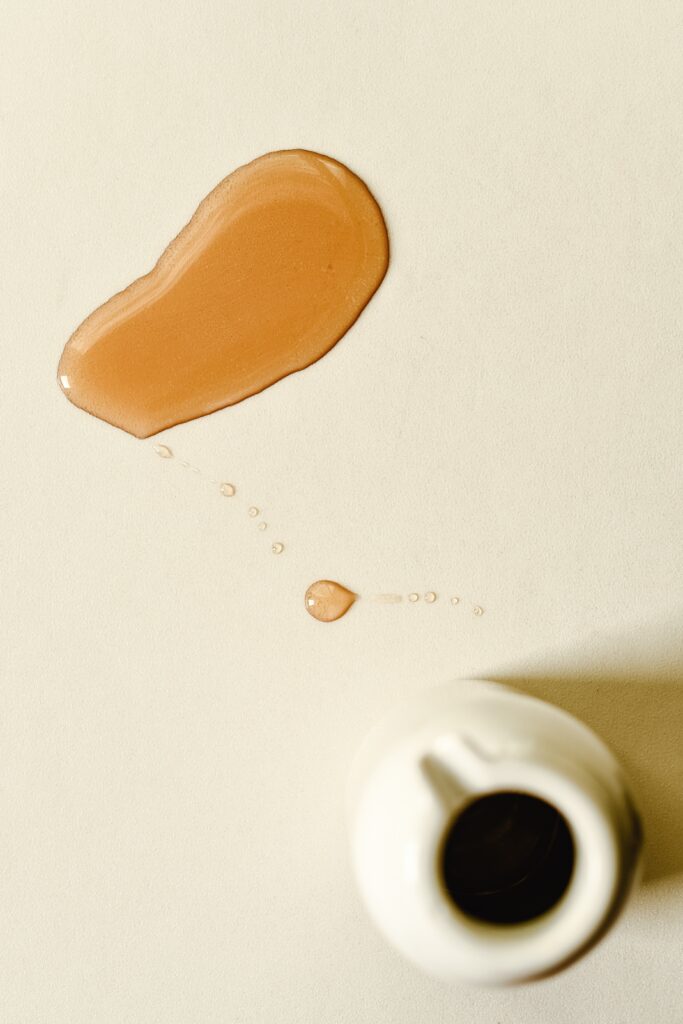
Is Maple Syrup Gluten-Free? Read All About It Here
Date Syrup
This syrup, made from dates, is another great substitute for coconut sugar. It has a slightly caramel-like flavor and can be used in place of coconut sugar in baking and cooking recipes. Use one cup of date syrup for every cup of coconut sugar in your recipe.
Raw Honey
Honey is a classic natural sweetener that can be used in place of coconut sugar. It has a slightly floral flavor that can add depth to recipes. Use one cup of honey for every cup of coconut sugar in your recipe.
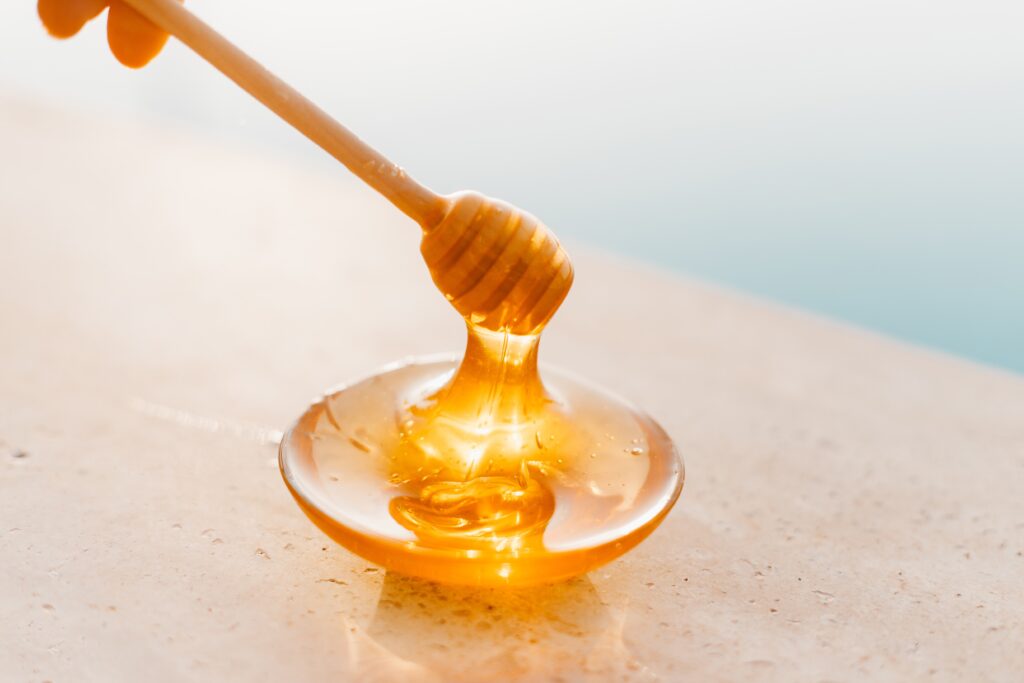
Agave Syrup
This sweet syrup, made from the agave plant, is another great substitute for coconut sugar. It has a slightly milder flavor than coconut sugar and can be used in place of it in recipes. Use one cup of agave syrup for every cup of coconut sugar in your recipe.
It’s important to note that while these substitutes may have a similar flavor profile to coconut sugar, they may have a different impact on your blood sugar levels and glycemic index. Be sure to do your research to determine which sweetener is best for your needs and tastes.
No matter which substitute you choose, the key is to have fun and enjoy experimenting with new ingredients in your cooking and baking. So, go ahead and replace that cup of coconut sugar with one of these delicious alternatives and see how your recipes turn out!
Suggested: Can You Substitute Cornmeal for Flour?
Best Overall Substitute For Coconut Sugar
Brown sugar is an excellent substitute for coconut sugar in baking recipes. It is made by combining white sugar with molasses, which gives it a similar flavor and color to coconut sugar. In fact, many people consider brown sugar to be a better substitute for coconut sugar than regular white sugar because it has a richer flavor and more complex sweetness.
When using brown sugar as a substitute for coconut sugar in baking recipes, it is important to keep in mind that brown sugar contains more moisture than coconut sugar. This can make baked goods more moist and tender, which may be desirable in some recipes but can also affect the texture of the final product. It is also important to note that brown sugar can be more susceptible to clumping and may need to be sifted before use.
Overall, brown sugar is a great substitute for coconut sugar in baking recipes. Its rich flavor and moisture content can help enhance the flavor and texture of baked goods, making them even more delicious. Just be sure to adjust the amount of sugar used in the recipe based on personal taste preferences and the desired outcome.

Christopher is a food and lifestyle expert, recipe developer and the content creator behind May Eighty Five. With years of experience in the kitchen, he also shares tips, tricks and how to’s that he has learnt over the years. Every week, he shares quick, simple and mostly healthy recipes along with some home and entertaining tips. You will find flavorful cocktails, delicious appetizers, tasty mains and some indulgent desserts. As a home decor enthusiast, he also likes to share simple DIY projects and simple tips for a beautiful home.


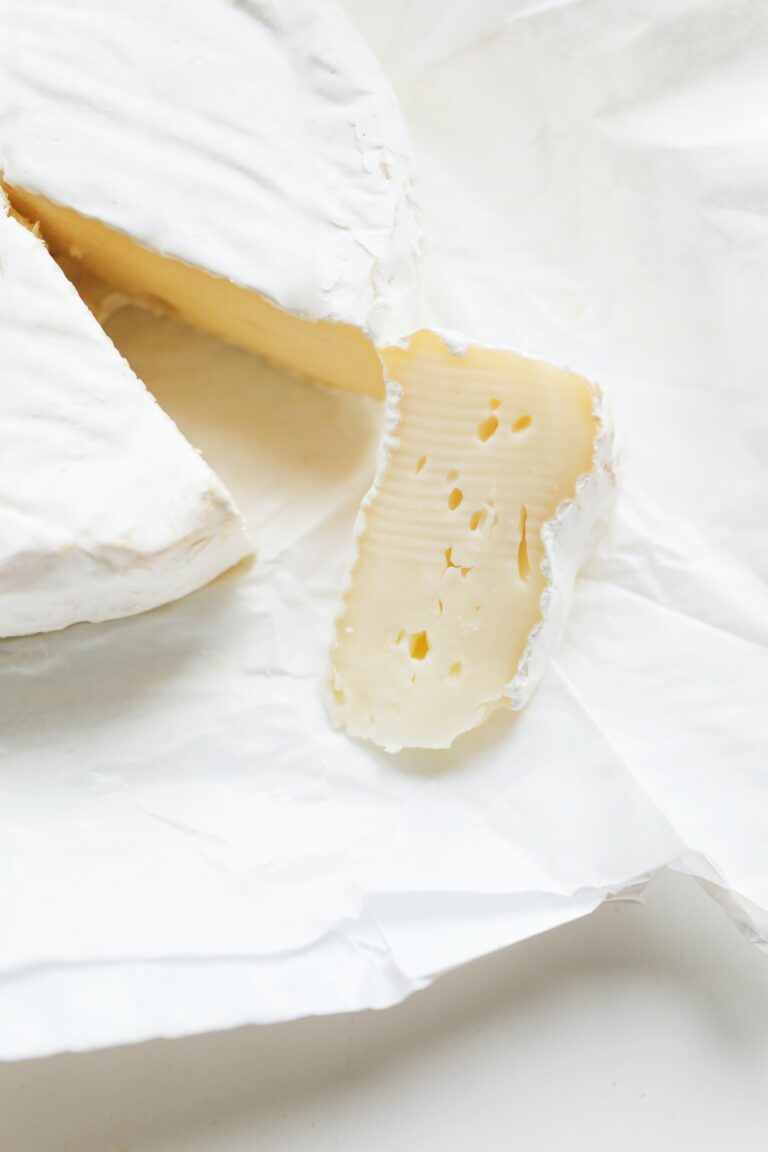
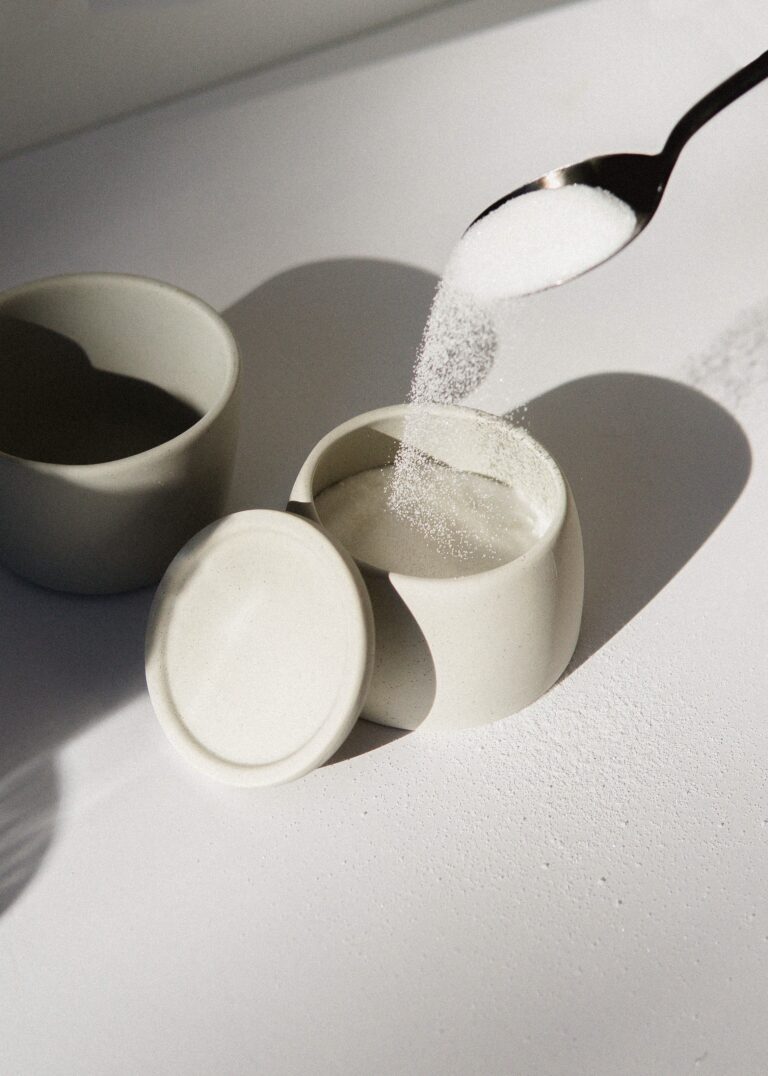



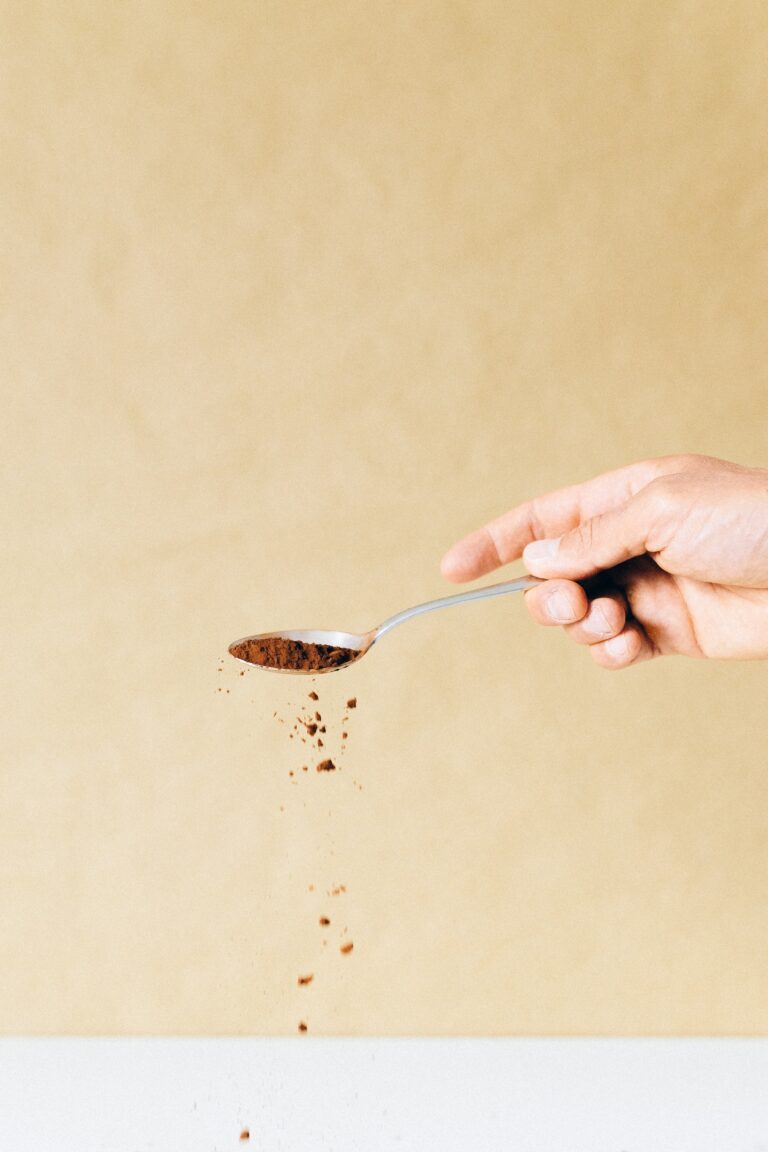
8 Comments